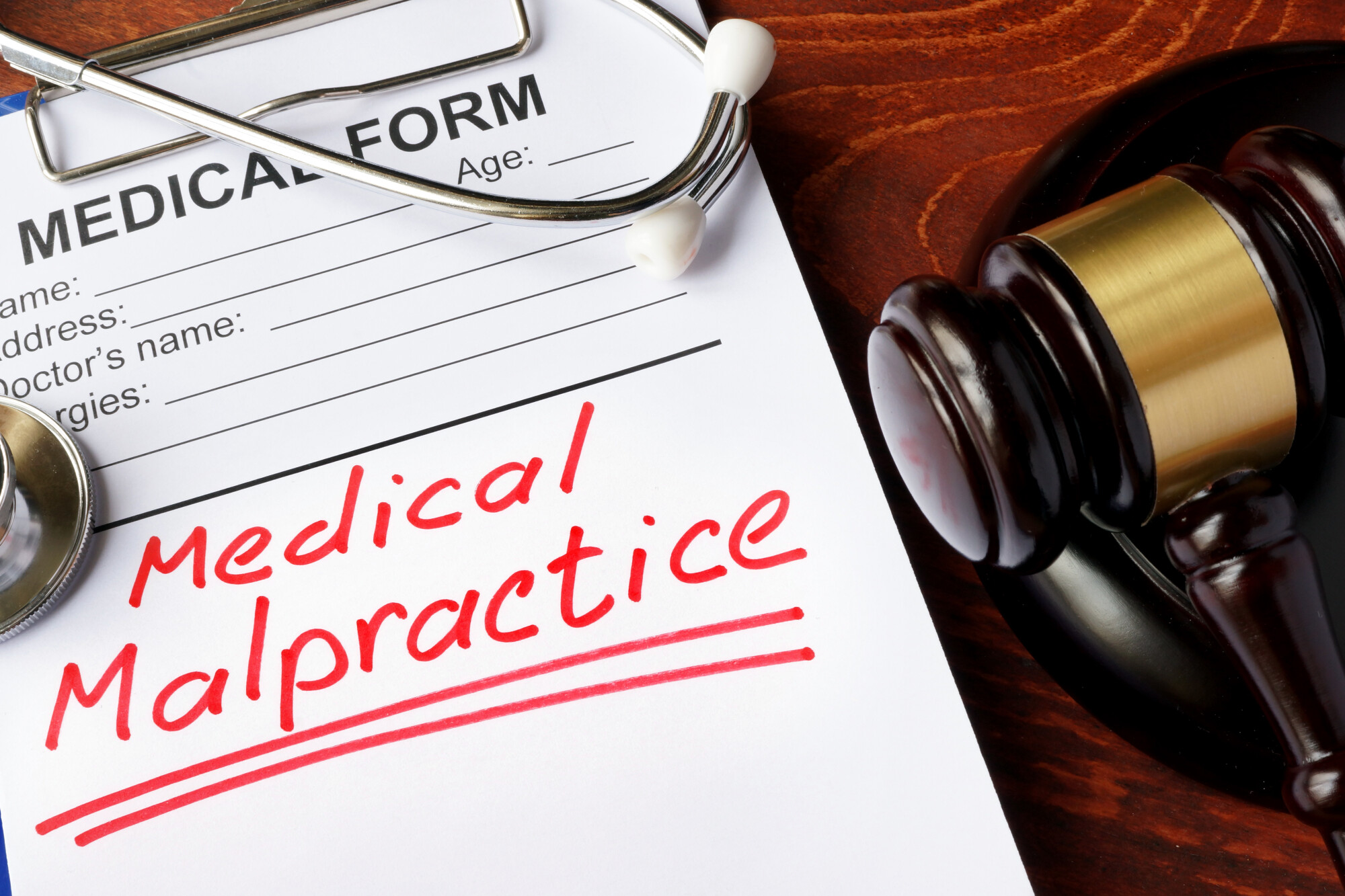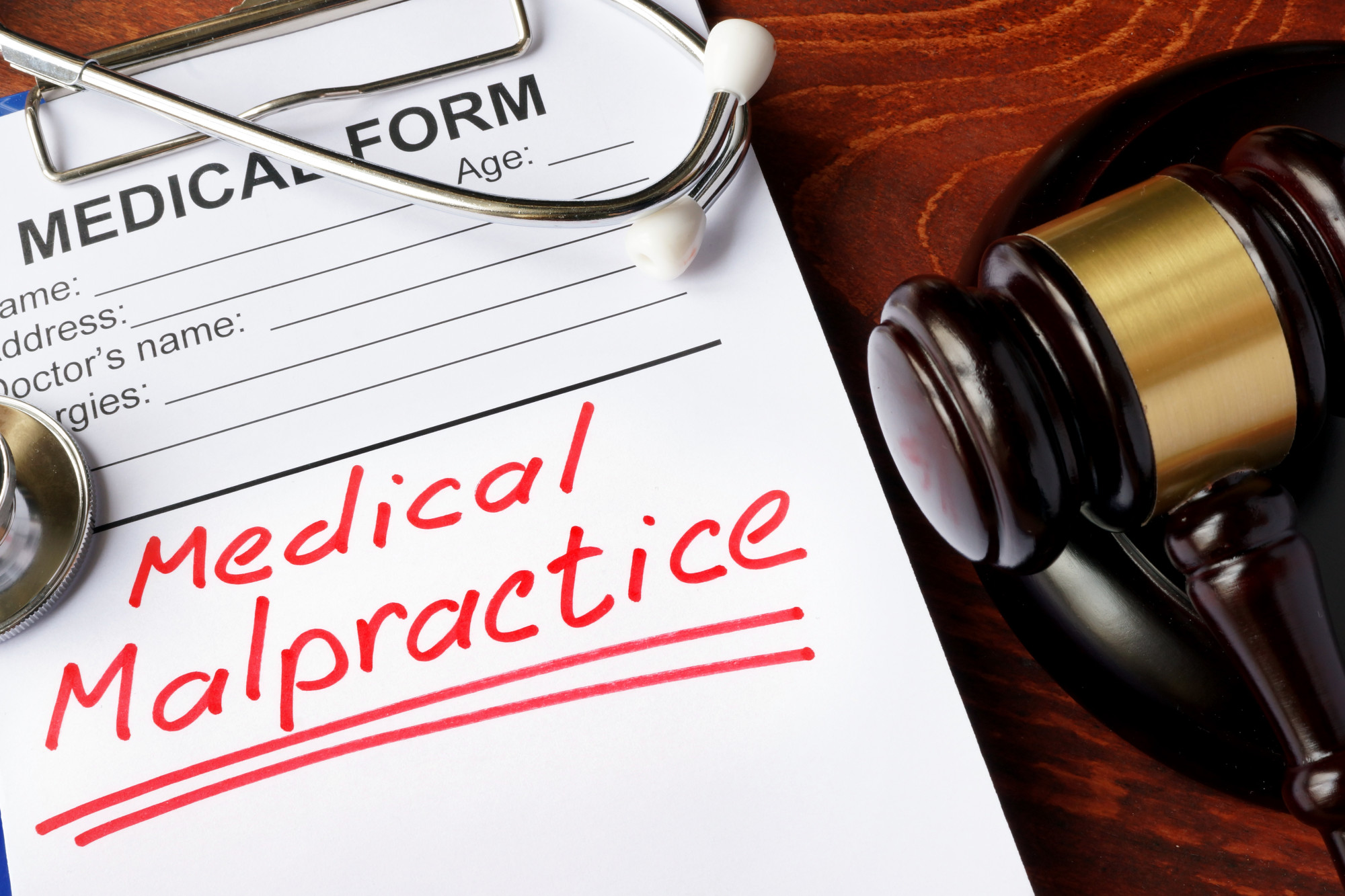Did you know that medical malpractice causes over 2.6 million deaths each year? As a result, millions of patients around the globe suffer due to unsafe medical practices. And the most alarming part of the issue is that most of these deaths are avoidable.
Medical malpractice is a real threat to the safety of patients. People can be permanently disabled as a result. And sometimes, injuries prove fatal.
Unfortunately, there’s a lot of misinformation about medical malpractice lawyers. This is largely due to politicians and insurance companies playing down the severity of these types of cases. So today, were going to provide some clarity on medical malpractice.
This article will set the record straight on what medical practice is. And we’ll also cover the most common misconceptions in the field.
Medical malpractice is a serious matter, and we want to clear the air. So keep reading for the most common medical malpractice myths.
Medical Malpractice Explained
Before we begin, you may ask, what is medical malpractice? Medical malpractice is when a healthcare provider delivers improper treatment to a patient. Unfortunately, this negligent treatment often results in injuries.
A medical malpractice attorney works to help patients that doctors or hospitals have injured. A common example of medical malpractice would be a doctor prescribing you the wrong medication. An attorney would then represent you as you sue the physician.
Common Medical Malpractice Myths
Now let’s discern fact from fiction in the world of medical malpractice. There are many myths in the field, so lets break them down and explain why they’re incorrect.
Medical Malpractice Claims Raise Healthcare Costs
Many people think that medical malpractice claims raise the cost of healthcare for everyone. But, this is simply a myth because of a few different factors.
Insurance, litigation, and payouts account for less than one percent of medical costs. So, medical malpractice is not responsible for rising healthcare costs. Instead, factors like pharmaceutical inflation are more likely the cause.
Medical Malpractice Lawyers Are All the Same
Some argue that all medical malpractice lawyers provide the same services. This is untrue. And its important you find the proper attorney for your case.
Not every medical malpractice lawyer is a good fit for your case. Certain attorneys specialize in specific areas of malpractice.
For example, your lawyer may specialize in surgery mistakes. So ensure they have the experience needed for your case.
Medical Malpractice Victories Pay Big
Another common myth is that medical malpractice suits result in huge payouts. While this can be true, it is an uncommon occurrence.
Less than one percent of medical malpractice suits result in million-dollar payouts. And most victors are only compensated for their medical bills.
Medical Malpractice Suits Are Trivial
There are many cases of unnecessary lawsuits occurring worldwide. And it has led to people believing that medical malpractice suits are mostly patients who want revenge.
This is false, and we want to stress that medical malpractice is serious business. Dishonest doctors attempt to make cases against them appear minor. But only a small portion of medical malpractice cases are frivolous.
Medical Malpractice Lawyers Just Want Your Money
Upstanding medical attorneys will be there to genuinely help you. In fact, quality attorneys reject most malpractice cases. And most medical malpractice lawyers are highly careful about the cases they take.
In addition, only a small pool of healthcare professionals is targeted for suits. And about ten percent of the time, these individuals have been sued before.
Medical Mistakes Are to Be Expected
It is unacceptable for any healthcare patient to be put in harms way. Thats why this claim is both dangerous and incorrect.
While complications during treatment are always possible, many cases of medical malpractice are completely avoidable. This is a fact admitted by the World Health Organization. In many malpractice cases, the doctor is entirely at fault.
Medical Malpractice Victims Only Want Money
Some believe medical malpractice victims are looking to get rich quick. But this is simply misinformation. Medical malpractice is real, and victims just want justice.
Victims of medical malpractice often have valid cases of documented negligence. They want to be rightly compensated for medical bills, rehabilitation, and therapy.
Medical Malpractice Suits Leave Doctors Broke
Some people seem that medical malpractice suits are destroying the healthcare system. But, as weve already mentioned, these suits only account for a sliver of medical costs.
Additionally, doctors dont always have to pay out of pocket, and most are protected by liability insurance. This insurance protects them from medical malpractice expenses.
Medical Malpractice Lawyers Are Too Costly
This is one of the most common myths in the field of law. Many people believe that lawyers are too expensive to help them get justice. But this is inaccurate!
Personal injury attorneys in medical malpractice are often paid a contingency fee. This means you only have to pay your attorney if you win the case. Plus, if you lose the case, you wont have to pay a cent for the attorneys services.
Medical Malpractice Cases Are Decreasing
This is technically a myth within a myth, as cases were truly decreasing a few years ago. But the COVID-19 pandemic opened up a historical can of worms.
The pandemic brought fear and confusion at the highest levels of medicine. Consequently, this caused an explosion of medical malpractice globally. According to medical and legal experts, there will be a surge in medical lawsuits like never before.
Contact Cummings Law for Help
We hope this article helped explain medical malpractice and its many myths. Most medical malpractice lawyers want to help victims win their cases.
If you believe a medical professional has injured you in Hawaii, we can help. We understand medical malpractice is a serious crime, and justice should prevail.
We specialize in personal injury and medical malpractice involving cancer cases. If you live in Honolulu and want to discuss your case, contact us today.











